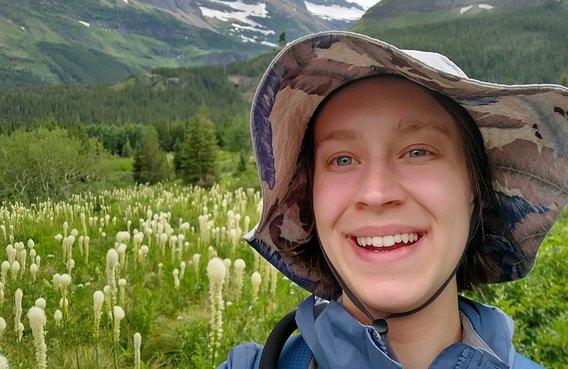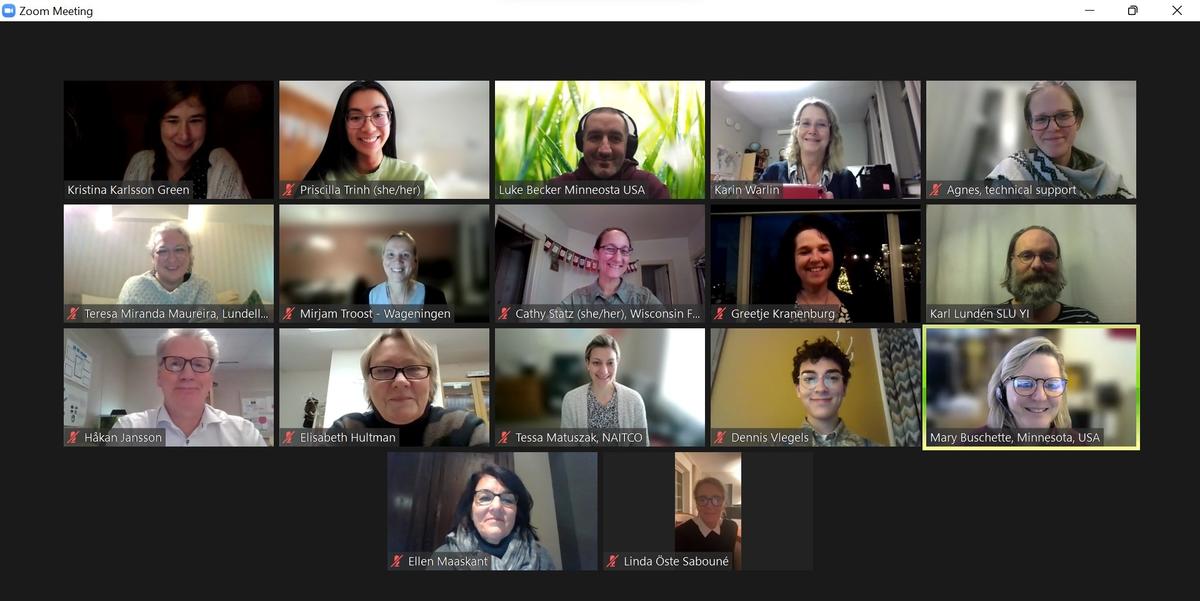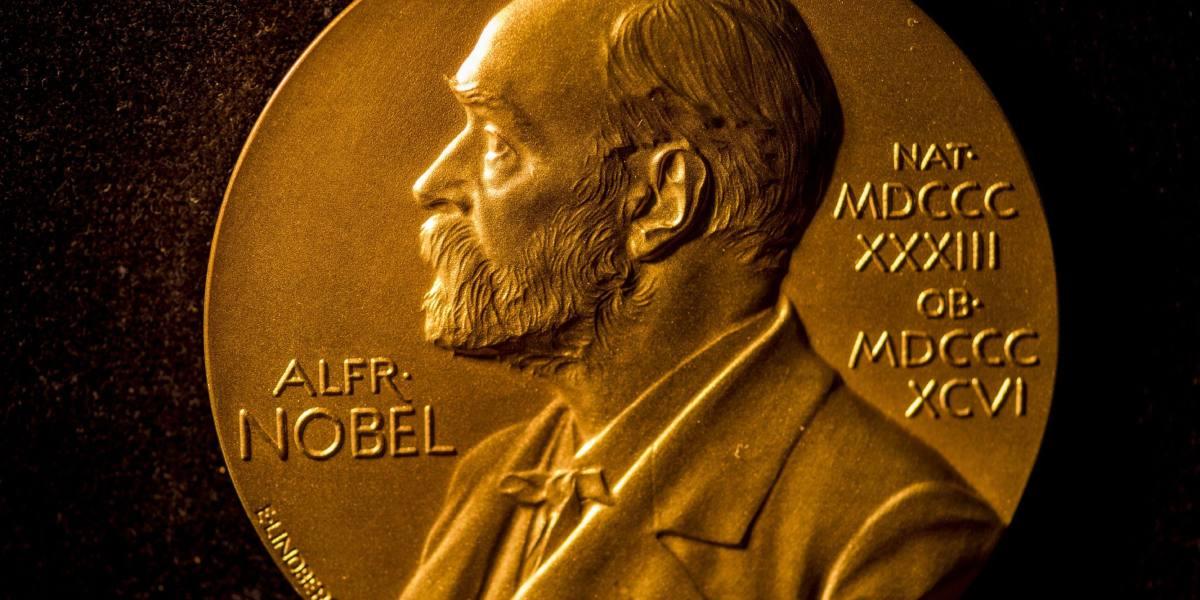A Passion for Food Security
By Grace Finnerty, CFANS freshman studying plant science and 2022 Minnesota Youth Institute and Global Youth Institute participant

As soon as I saw the email about the Minnesota Youth Institute in my inbox, I knew I had to participate. It was a conference centered on food security and inspired by Norman Borlaug, the little known plant breeder who saved at least a billion lives with his work. Throughout high school, my only opportunities to connect with plant science were outside the classroom. I eagerly competed in science fairs and pursued home gardening. Much of the time, it was a solitary project. So I was very excited to be a part of a conference centered on the topics I care about, where I could meet other people with similar concerns and interests....
Read the full article here. To share your MNYI or food story, email [email protected].
__________________________________________________________________________________________________________________
Global Challenge, Global Teaching – A Conversation with Educators

On January 19, high school educators from seven countries gathered virtually to learn more about the Global Challenge Paper and tools like Journey 2050 and Minecraft to engage students on global issues. The Global Challenge Paper, central to youth institutes like the MNYI, is written by hundreds of students every year to research food insecurity and inspire action. Past educators familiar with the program and new ones wanting to hear more came together for a lively workshop to share best practices and make connections.
Teachers' experiences
Luke Becker from the United States and Håkan Jansson from Sweden are both high school teachers that already use the Global Challenge in their classrooms. How they deliver this challenge is up to them, and they each give a unique spin.
Luke Becker, a teacher from Braham, Minnesota and recent recipient of Teacher of the Year for career and technical education shared: “Many students in my classroom have not even left the state by the time they graduate high school, so it is hard for them to gain a global perspective. Implementing programs like Journey 2050, which includes an agriculture simulation game, and coupling that with the Global Challenge is essential for all students to gain global perspective in food security.” Especially during a time of online education, this provides an interactive and meaningful lesson for high school students while encouraging practical, critical thinking.
Håkan Jansson applies a similar principle, using games to relate food systems to students' lives. The popular game Minecraft is used to build ideal ecosystems to address agriculture related problems in the real world. Håkan connects students to a community in Guatemala with high food insecurity. Then, they use the Minecraft maps based on the location of that community to collaborate on building, for example, sustainable farming systems to increase food access. Their virtual experiences with the communities in Guatemala are funnedled back into the Global Challenge Paper as researched solutions.
Teachers inspired
The meeting, organized by the SLU Youth Institute in Sweden, was intended to inspire teachers to implement the Global Challenge in their classrooms. High school teacher Greetje Kranenburg shared after the discussion rounds: “Language is also an important part of global food security, so language teachers could just as well apply the Global Challenge to their classroom.” The event created many opportunities for teachers to implement their Global Challenge in new ways and encourage more students to participate in future Youth Institutes.
Get Involved
Interested educators and students looking for opportunities and global connections can contact [email protected].
__________________________________________________________________________________________________________________
Nobel Cause, Nobel Prize Event - December 8, 2021

(ST. PAUL, MINNESOTA) On December 8, 2021, 50 students from Costa Rica, Honduras, the Netherlands, Sweden, and the United states gathered on Zoom at the Nobel Cause, Nobel Prize event.
The event was hosted by partners of the Global Youth Institute including the Minnesota Youth Institute, Wageningen Youth Institute, Swedish University of Agricultural Sciences, Rutgers University, and the World Food Prize Foundation.
High school students from Minnesota, New Jersey, Ohio, Iowa, Costa Rica, Honduras, the Netherlands, and Sweden came together to explore the significance of particular Nobel Prizes and the Nobel Laureates that addressed the issue of global food security.
Following a virtual tour of the Nobel Peace Prize Museum in Stockholm, students met in small breakouts to discuss the achievements and impacts of one of the Nobel prize topic areas with globally-minded peers. Three topics were explored:
Students brainstormed solutions to create a hunger-free world and left inspired to take action.
Get Involved
Interested educators and students looking for opportunities and global connections can contact [email protected].
Educators are encouraged to join a lively exchange between international educators on January 19, 2022 @ 9:30 AM CST / 4:30 PM CET to share and learn more about global teaching tools. Hosted by the Swedish University of Agricultural Sciences and University of Minnesota, two presenters will share how they are incorporating tools like Minecraft, Journey 2050, and the Global Challenge Paper to engage their students virtually.
To register, please email [email protected] with your contact information. All are welcome, please invite any educators you know!